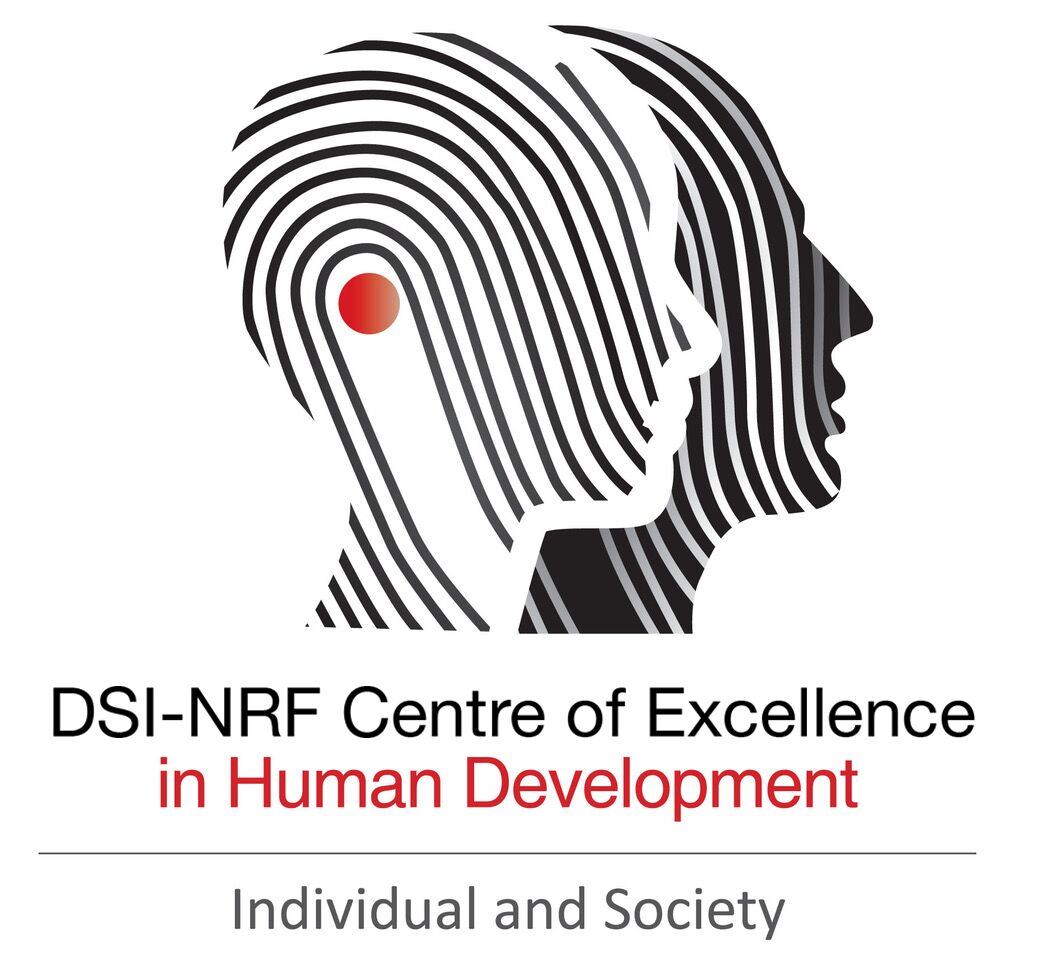Where Human Development Science and Art Meet
Children face insurmountable challenges, including high levels of violence in the home and school. Solutions to mitigate child-specific issues must be driven by all sectors, including the creative arts.

Human development research insights have informed creative art practitioners’ dramatic and artistic outputs, inspiring them to incorporate the many complex aspects of early childhood development into the messages they communicate to their audiences
The 11th Drama for Life conference and festival, supported by the DST/NRF Centre of Excellence in Human Development (CoE-Human), aimed to co-create creative ways to build a child-centered society. Questions, framed by CoE-Human funded researchers, to guide academic and artistic discussions included:
- “What role can the arts play in the raising a child in the 21st century?”;
- “How can the arts contain and nurture a child’s wellbeing and development?”;
- “In what ways can the arts create listening, thinking and dialogue spaces for children?” and;
- “How can we imagine children as central role players in deepening democracy?”
Research topics included perinatal depression, the role of fathers, and the effects of adverse childhood experiences on later health and wellbeing. These research presentations were seen as critical to strengthening thought and innovation in the performing arts, applied arts, art therapies, art education, and performance as research.
Messages included:
- To improve early childhood development outcomes, mothers’ mental health during and post pregnancy must be prioritised.
- Fatherhood in South Africa is nuanced. While the statistics point to a low level of father involvement, the story is deeper, with fathering roles spread across the family and community.
- The more adverse childhood experiences (including emotional and physical trauma, and poverty) a person suffers, the greater impact on their physical and mental health in adulthood.
At the conference, DST-NRF Centre of Excellence in Human development-supported researchers presented alongside performers, artists, traditional healers, educators, activists, and psychologists, forging relationships and ultimately widening the early childhood development practitioner community.

